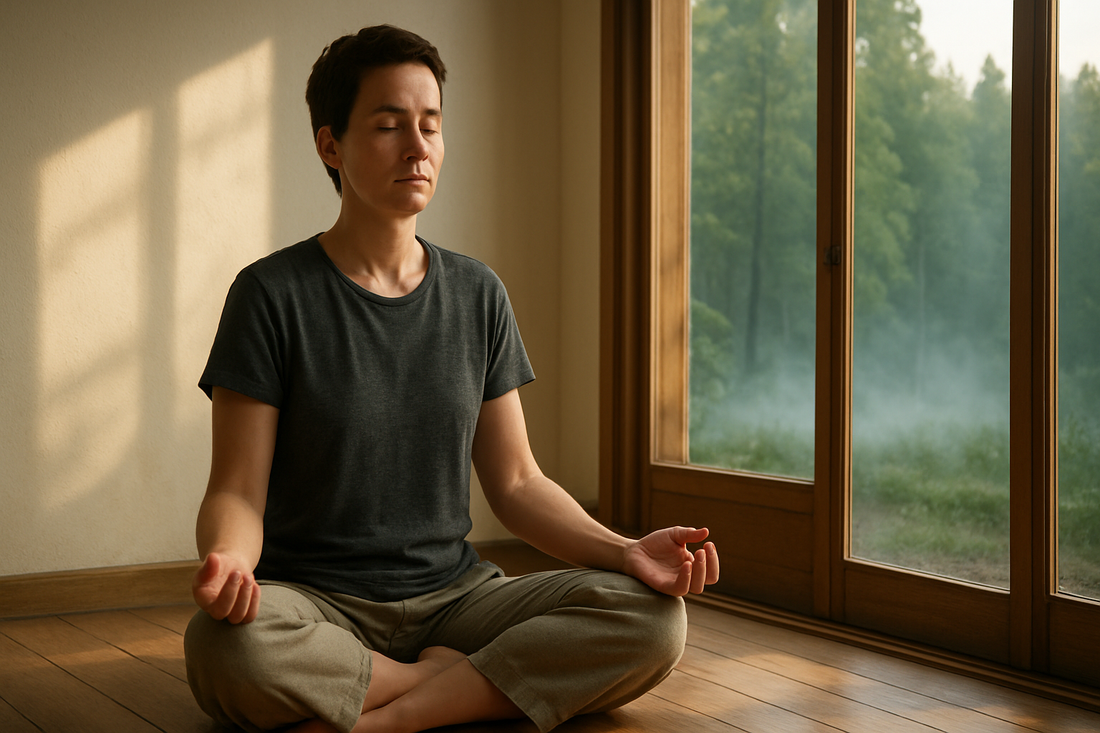In the early stages of intellectual and emotional growth, it is easy to feel unprepared to step into the debates that swirl around philosophy and meditation. What I share here is only my opinion, drawn from my own experience, and it is important to keep that in mind. From where I stand, chanting is a beginner-level practice. It proves that almost anything can work if a person simply shows up with the willingness to improve and relax. As long as the practice is safe and non-harmful, it has value. The question, however, is whether it is the most effective use of your energy.
In contrast, chanting words because they are said to be “the sound of the universe” or because they are believed to affect the energy channels, the chakras, may or may not be true. Such ideas may or may not have meaning or value. If chanting works to relax you, then it is harmless enough. The problem comes when you are convinced by a teacher that these claims are absolute truth, which can keep you from facing more objective practices that are highly effective. The mindset I want to work toward is one of less dependency on symbols, philosophy, pageantry, fanfare, and abstractions. These simply do not serve me. I know they serve many others quite well, but to be true to myself in this work, I must be honest about what troubles me. I have that right. I have practiced for a long time and worked hard to grow to this point, so I create a voice for myself that I can trust when things get hazy.
For me, the deeper practice is breath. When you sit and breathe with awareness, you allow your thoughts to rise instead of suppressing them under a mantra or a distraction. This is not about bypassing the mind. It is about letting your anxieties, worries, and noise surface. With steady breathing, you begin to notice the mind slowly quieting itself.
Often when I step into a yoga class, I arrive with a knot of anxiety. Some of it is useful energy preparing me for the day, but most of it is just noise—conflicts, obstacles, random memories, and fear of losing the present moment. Instead of resisting this, I let it come. With a few minutes of focused breathing, it subsides. Then I can see more clearly: my childhood sadness, resentments, fears, the random triggers that live in me. Breathing relaxes the body, and from that relaxed state I can work with my problems intelligently.
Of course, the chatter comes back. But over time, the practice of returning to the breath grounds me. It helps me build tolerance for the intensity of emotions that come with being human, with living in a consumer-driven world, with surviving childhood trauma, and with taking responsibility for myself. The breath is the work. The concentration on what rises is the work.
This is why I say chanting is ultra-beginner. Sometimes a beginner cannot yet face the intensity of raw experience, so they need a simple pattern to show up and practice. There is no shame in that. What troubles me is when people mystify chanting, selling it as if certain words have magical power. That preys on gullibility. The truth is much simpler. Relaxation, healing, and awareness come not from the word itself, but from the practice of showing up, breathing, and allowing the mind to settle.
